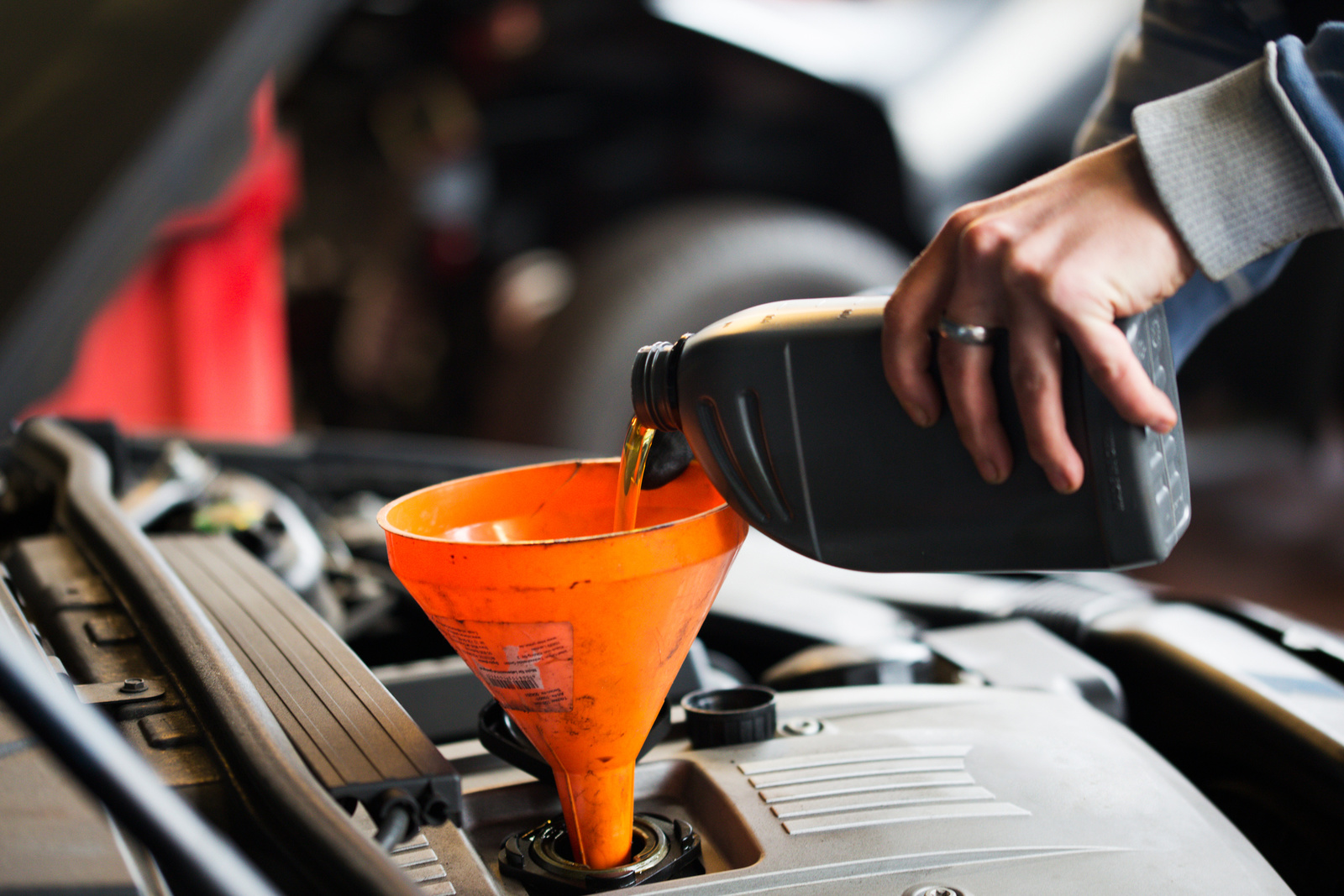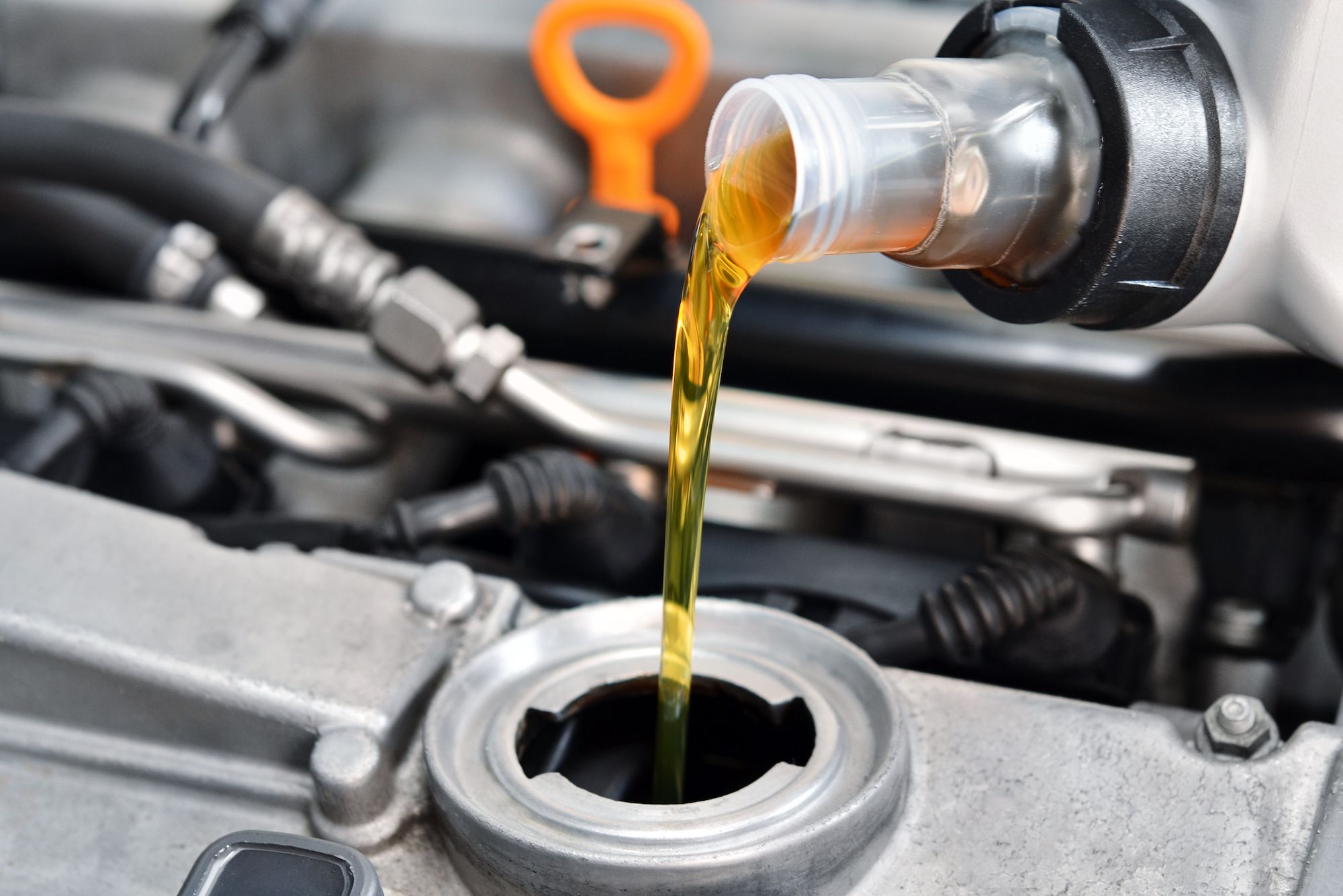All Categories
Featured

Understanding the difference between routine maintenance and repairs is crucial to guaranteeing your vehicle stays in leading condition and operates efficiently throughout its life. While both are essential for car maintenance, they serve various objectives. Routine maintenance is concerning avoidance and ongoing care, while repair services are required when something breaks or malfunctions. Below's an introduction of what each entails and just how they vary.
Regular Maintenance: Stopping Future Troubles. Routine upkeep entails the normal, scheduled solutions that maintain your car in great working order and avoid concerns from establishing. These jobs are developed to make sure that all components of your vehicle continue to operate as they must and assist keep the vehicle's dependability. Regular maintenance is typically outlined in your automobile's owner manual, defining when to carry out particular tasks based on mileage or time periods.

Some instances of routine upkeep include:
Oil Modifications: Oil lubricates the engine, guaranteeing it runs efficiently and efficiently. Regular oil modifications, typically every 3,000 to 5,000 miles, aid avoid engine wear and keep the car running efficiently. Tire Turning and Harmonizing: Tire rotation aids level tire wear, while stabilizing ensures smooth handling and enhances tire durability. This must be done every 6,000 to 8,000 miles. Brake Inspections: Your auto's stopping system needs routine checks to make certain the pads are in good problem, the liquid levels are sufficient, and the blades are functioning well. Fluid Checks: Keeping an eye on vital liquids, consisting of transmission liquid, coolant, brake liquid, and power guiding fluid, helps maintain the engine and various other systems running efficiently. Air Filter Substitute: The engine air filter maintains dust and debris from entering the engine. Changing it routinely helps preserve engine efficiency and gas performance. These upkeep tasks are preventative in nature, designed to prolong the life of your automobile and lower the threat of break downs. By performing routine maintenance, you can capture small issues before they intensify right into larger, a lot more costly issues.
Fixes: Fixing Issues That Arise. Fixings, on the other hand, are essential when a component of your automobile damages or fails down. Repair services are usually unplanned and are required to restore the car's performance and safety and security. Unlike regular maintenance, which is concentrated on avoidance, repair services are responsive measures taken when something breakdowns or puts on out. While some fixings may be minor, others could be more complicated and pricey.

Examples of typical repair services include:
Transmission Issues: Troubles such as slipping gears, difficulty changing, or odd sounds might signal a malfunction in the transmission, requiring repairs or substitute. Engine Repair works: If the engine is misfiring, overheating, or revealing other signs of difficulty, it might require a repair service or substitute of specific parts like the trigger plugs, timing belt, or sensors. Brake Repairs: If your brakes are squeaking, making grinding sounds, or stopping working to quit the car properly, you might require to replace brake calipers, pads, or blades. Battery Substitute: If the vehicle has trouble beginning or the battery caution light appears, it may be time to change the battery. Suspension and Steering Fixings: If you experience unequal tire wear, a harsh adventure, or trouble guiding, it could be a sign that the shock absorber or steering parts require repair work. Because they involve repairing problems that could influence the auto's security or capability, fixings are generally extra expensive than regular upkeep. Relying on the extent of the problem, repairs might need specialized parts and labor.
Key Distinctions In Between Regular Maintenance and Repair Work. Function: Regular maintenance aims to ensure and protect against problems that the lorry runs successfully. Repairs are necessary to fix troubles that have actually already happened. Frequency: Upkeep tasks are done on a routine routine, while fixings are required when certain issues emerge all of a sudden. Price: Routine maintenance is generally more economical, as it includes small checks, adjustments, and component replacements. Repair services can be extra costly as a result of labor and components associated with repairing broken parts. Timing: Upkeep is predictable and planned, whereas repairs occur when something goes incorrect, often leading to more immediate focus. The Importance of Both Routine Maintenance and Fixings. While routine maintenance is very important for minimizing the demand for repair work, repair work are in some cases unavoidable. Even the best-maintained automobiles can experience wear and tear with time. It's important to be positive with upkeep and address repair services immediately to ensure your automobile stays reputable and risk-free to drive.
By remaining on top of routine upkeep tasks, you can lower the danger of needing pricey repairs. Addressing them early can assist prevent more damages and make sure that your cars and truck proceeds to perform at its best. when fixings are required.
Final thought. In summary, routine repair and maintenance are both crucial elements of car care. Regular maintenance aids protect against problems and ensures your auto is running smoothly, while repairs are needed to take care of problems that emerge suddenly. By stabilizing normal maintenance with timely repair work, you can expand the life of your vehicle and enjoy a safer, extra trusted driving experience.
Latest Posts
Elevate Your Brand with Expert Video Production
Published May 16, 25
1 min read
Meet Premier Retina Physicians Near Me at the Eye Center South
Published May 16, 25
1 min read
Discover WyHy Federal Credit Union Saves You Money on Financing and Accounts
Published May 16, 25
1 min read
More
Latest Posts
Elevate Your Brand with Expert Video Production
Published May 16, 25
1 min read
Meet Premier Retina Physicians Near Me at the Eye Center South
Published May 16, 25
1 min read
Discover WyHy Federal Credit Union Saves You Money on Financing and Accounts
Published May 16, 25
1 min read